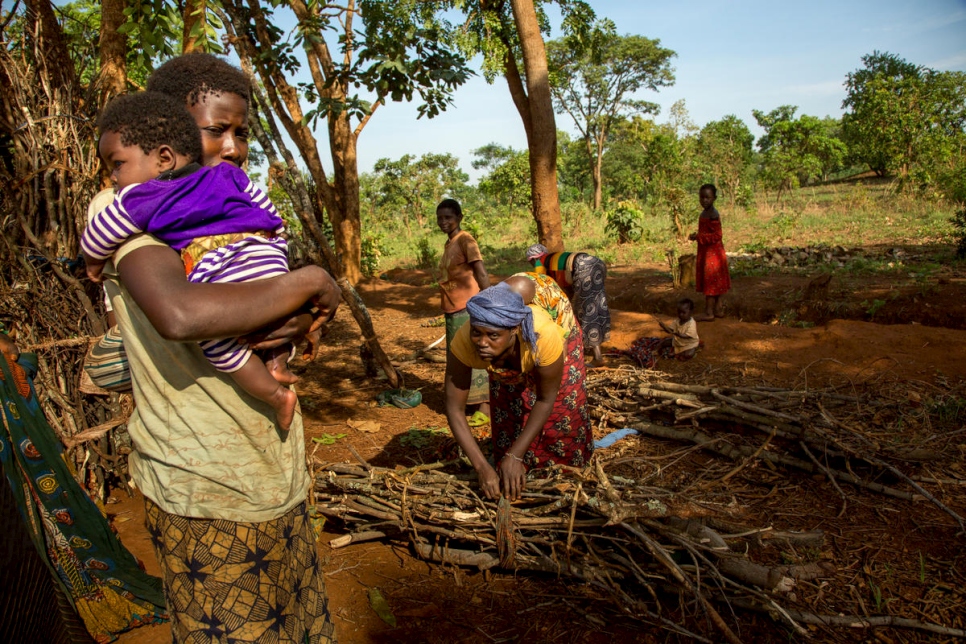Today the international aid organization CARE launched a new report highlighting 2017’s ten most under-reported humanitarian crises. The report “Suffering in Silence” found that the humanitarian situation in North Korea received the least media attention globally. While much media focus has been on nuclear brinkmanship, the humanitarian situation has been overlooked. Other crises that rarely made the headlines were Eritrea, Burundi, Sudan, Central African Republic, DRC, Mali, Lake Chad Basin (Niger, Cameroon, Chad), Vietnam and Peru.
“We all know that a single photo can make the world turn its attention to an issue. But the people in the countries featured in CARE’s report are far away from the cameras and microphones of this world”, says Laurie Lee, CARE International’s Interim Secretary General. “These crises might not make the media headlines, but that does not mean we can forget about them.”
There is also a direct link between media attention and the money donated for humanitarian aid. “The media plays a vital role in drawing public attention to forgotten and neglected crises”, says Filippo Grandi, UN High Commissioner for Refugees. “Despite the tragic consequences for the lives of millions affected by conflict and displacement, the gap between humanitarian needs and available funding continues to exist. The outlook for 2018 is grim, as the political will to resolve conflicts and address the root causes that are driving them – poor governance, growing impoverishment, inequality and climate change, is weak. Political leaders must step up and shoulder responsibility for tackling today’s forgotten crises.”
“The countries on this list are exactly the kinds of places we focus our attention as a non-profit news organization that reports about humanitarian crises,” says Heba Aly, director of IRIN News. “But as this report points out, this kind of work is difficult to finance and increasingly rare. It’s time we start recognizing that quality journalism about crises is part of the solution.”
In 2018, many of those disasters will continue to rage. Poor families struggle to survive, as their capacities to absorb future shocks are diminishing, with conflicts lasting for decades, livelihoods being lost, and assets depleted. The UN’s Global Humanitarian Overview for 2018 requires $22.5 billion to help almost 91 out of 135 million people in urgent need. Media attention can help focus public support for those needs. Working with local freelancers and NGOs to receive up-to-date materials, pooling money for reporting in remote areas as well as NGO investment in communications in emergencies are among the recommendations outlined in the report.





 Creative Commons Attribution 4.0 International license
Creative Commons Attribution 4.0 International license